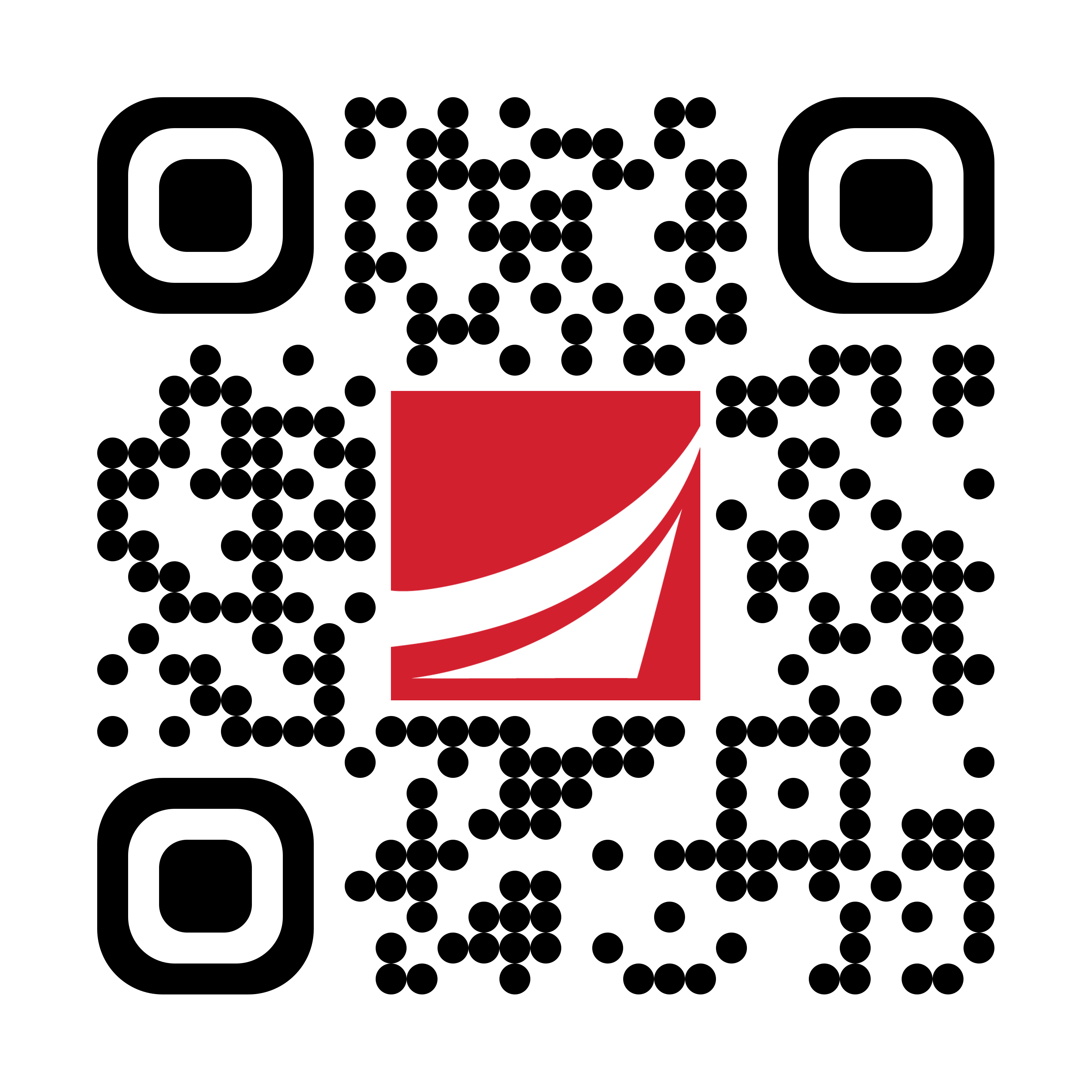
Banking from your phone?
Download our app
Welcome Back
You can access your accounts here.

Banking from your phone?
Scan the code to download our app.

not featured
2021-12-20
Military Family
archived
Planning Ahead When Making the Transition to Civilian Life


-
Making the transition to civilian life may feel uncomfortable or daunting. But with the right tools and the right support, you can become financially secure and personally fulfilled as you start your next chapter.
In this three-part series, we’ll explore some of the steps you can take to make your transition to civilian life as smooth as possible. First, we’ll discuss the importance of planning ahead and finding support programs. Then, we’ll focus on networking tips, skills acquisition, and preparing yourself for the job market. Finally, we’ll look at the financial planning considerations to keep in mind.
Transitioning to Civilian Life
In the military, many of the key elements of your life are determined by the orders you receive -- where you’ll work, where you’ll live, and what benefits you’ll receive. It can lead to a sometimes unpredictable lifestyle, especially if PCS moves are involved.
When it comes time to make a move to civilian life, you’ll suddenly find yourself in a totally new position -- especially when it comes to your finances. You may be looking for your first civilian job and working on managing your money differently than when you were in the military.
The most important thing you can do to set yourself up for success is plan ahead. Even while you’re still in the military, there are steps you can take to give yourself a head start a few months before you make your transition.
First, saving as much money as you can is a good idea. This can help give you and your family peace of mind knowing that you have enough to cover living expenses while you set out in search of your next career.
Second, you can take advantage of the military transition support programs that exist. These can provide you with anything from skills and training to even internships and job placement.
Armed Forces Bank’s Training With Industry (TWI) Program
One such program is Armed Forces Bank’s Training with Industry (TWI) program. This training program lasts for one year and is a special opportunity for one Officer and one Non-Commissioned Officer in the U.S. Army Finance and Comptroller Corps.
Those in the TWI program will train with every Armed Forces Bank department in addition to completing a robust 10-month self-study program with the American Bankers Association. TWI students also will complete a Capstone project which must be approved by the Army and AFB leadership.
TWI graduates serve as principal advisors to the Commanding General, U.S. Army Financial Management Command (USAFMCOM), and tactical level commanders on all banking operations. They are the primary liaisons and technical advisors between financial institutions, commanders, federal agencies, and trade associations.
Armed Forces Bank leadership communicates with USAFMCOM leadership to review training objectives and the calendar for the students. Once they report to the program, they are introduced to the AFB executive leaders. Then, they start the year with new employee training just like any other newcomer to the AFB team.
Students are expected to work independently and achieve all their assigned training objectives as they rotate through all the bank areas during their self-study. This provides them with hands-on experience with multiple tasks banks must complete to ensure compliance with laws and regulations.
This portion is essential to the success of the training objectives and ensures future success when students graduate and report to their utilization tour in the Army. The capstone project approval process is deliberate and transparent with students having the opportunity to have input. The capstone project must be nested with AFB and the Army’s training objectives for the program.
Learn more about the TWI program and this year’s participants.
Other Groups, Organizations, and Programs to Consider
There are many groups, organizations, and programs that are passionate about helping those who are making their transitions to civilian life. Here are just a few of them.
Military Transition Assistance Program: The Transition Assistance Program (TAP) provides information, tools and training to help service members and their spouses get ready to successfully move from the military to civilian life. From start to finish, TAP guides users on veteran benefits, education options, federal assistance and veteran employment help. As you make the transition to being a civilian, there are several decisions to make along the way in this process. Some of those decisions are one-time opportunities to get it right. Asking questions now to the resources in your service’s transition program is key.
You can see your individual service's transition program here:
- Army: Soldier for Life -- Transition Assistance Program
- Air Force; Transition Assistance Program
- Navy: Transition Goals, Plans, Success
- Marine Corps: Transition Readiness Program
- Coast Guard Transition Assistance Program
Hire Heroes USA: Hire Heroes USA is a nonprofit that provides free job search support to U.S. military members, veterans and military spouses.
“Employment assistance is the #1 requested service from transitioning military members and Hire Heroes USA provides that service to thousands each year. Through personalized service and support, we help veterans and military spouses get hired, and we help companies hire and retain them.”
Heroes Linked | A Veteran’s Network for Success: Whether you’re a veteran looking for jobs, a military spouse seeking employment, or someone going through military medical retirement, Heroes Linked has a network of veterans and advisors that will empower you with the knowledge and skills you need to take on the civilian job market.
“Heroes Linked is your network for a successful life after the military. Make leaving the military as easy as can be by leveraging our free online professional development platform to connect with a community of fellow Americans ready to help you succeed.”
We Support Service Members and Their Families
At Armed Forces Bank, we understand the unique needs and challenges of military families.
No matter where you are in the world or in what stage of your career, we aim to make everything -- from banking solutions to financial advice- - personal, valuable, and convenient for you.
Don’t forget to tune in for our next post in this series.